And now for something completely different
I take my Distilled Spirits Law class on a field trip.
And now for something completely different: A report on my Law of Distilled Spirits field trip last week.
As I’ve occasionally mentioned, I teach a course called Law of Distilled Spirits. When I started teaching it 5 or 6 years ago, I was the only one doing so and I believe that I still am. I started at the behest of several former students who own and/or operate distilleries, and a couple who practice law in the area. They explained that it was a whole field that most lawyers knew nothing about, and that they thought I’d be a good one to teach it, since it’s a heavily regulated industry, I already teach Administrative Law, and, of course, “you teach a lot of weird courses already.”
Well I do teach or have taught space law, firearms law, national security law, and Internet law, as well as, long ago, International Business Transactions, so there’s some truth to that. I told them I’d have to lean on them as, aside from a decade or so of homebrewing, my knowledge of alcoholic beverages is strictly on the consumer, not the producer, side. Well, that’s not so true anymore.
I do, however, know more now. The course covers the history (a bit), production (basics of distilling, mostly), and regulation of alcoholic beverages. I cover regulation at the federal level (mostly via the Tax and Trade Bureau of the Department of the Treasury, better known as the TTB, though there’s some involvement of the FDA, the Patent and Trademark Office, etc.), at the state level, through state Alcoholic Beverage Commissions or the like, and at the local area in terms of zoning, fire codes, and such. In all cases, it’s basically from the viewpoint of a producer.
And the topic is important. Booze is a big business, and in Tennessee, since a former student spearheaded the law change back in 2009, the number of distilleries has shot up from 3 to over 50. There’s real work for lawyers.
The alcohol biz operates in most states (other than the so-called “control states” where the state itself controls sales and, sometimes, distribution) according to a three-tier system in which producers can for the most part sell only to distributors (wholesalers) who can only sell to retailers. There are limited exceptions in most places where distilleries can have tasting rooms, or where brewpubs can make and sell on the same premises, but those are at the margins.
I try to expose them to each. I take them to a local brewpub, where they not only see beer brewed but hear about precautions taken to avoid liability for “overserving” (it helps that it’s run by a family of lawyers), to a distillery, and to a distribution center. Not only does this make the subject seem more real, but most law students have literally never been in an industrial facility before. Having to stay on the right side of the yellow lines in a working warehouse, or observe all the fire-snuffing equipment in a distillery’s “hazard room,” is good for them, I think.
The Sugarlands Distillery in Kodak, a town about 20 miles from Knoxville, is owned by a former student who’s both a lawyer and an engineer. He likes to say that in a highly regulated industry, a legal education is a huge competitive advantage. The distillery makes an award-winning Rye Whiskey, Roaming Man Rye, along with a large quantity of flavored moonshine (most distilleries like to sell “moonshine” – legal but never-barreled or aged whiskey – because it doesn’t have to be racked in barrels for years, but can be sold immediately), and they also make Dale Earnhardt’s branded vodka.
They have the largest copper pot still in North America.
They buy in grain grown in Tennessee – rye, corn, and barley – mix and mash and ferment it, then distill it before putting it in barrels to age.
Ned Vickers, the owner, does a great job explaining the regulatory issues he deals with on a regular basis, ranging from trademarking label designs – and getting those labels approved by the TTB, process all its own – to dealing with the fire marshal, the sewer and water people, and the state. Interestingly, he and everyone I talk to in the industry has a generally favorable view of the regulators. Alcohol is a cash cow for state and federal governments, and regulators are mostly concerned with being sure they get every single dime that they’re owed. But they don’t want to get in the way of producing stuff, so they tend to be pretty helpful when people have questions. The TTB’s biggest problem is that it was sized back when there were a relatively small number of big distillers, and now there are a lot of small ones.
We also met with the master distiller, who showed us how master distillers taste whiskey, which differs from how consumers tend to do it. (You start with a “reverse nose,” breathing the vapors in through your mouth and exhaling through your nose, which lets yo pick up subtler notes than when you inhale directly into your nose). The students seemed to enjoy it, even though the class ran a good deal later than it usually does.
Students who successfully complete the course get a certificate suitable for posting on their office walls, which sometimes generates business. (I had a call from a former student earlier this week, in fact, asking for advice on a rather bizarre sale-of-business issue). That makes it more fun, and hopefully more lucrative for them later.
Anyway, just a glimpse of my non-blog life, in a posting here that is, as promised last time, a break from politics. I hope you enjoy.





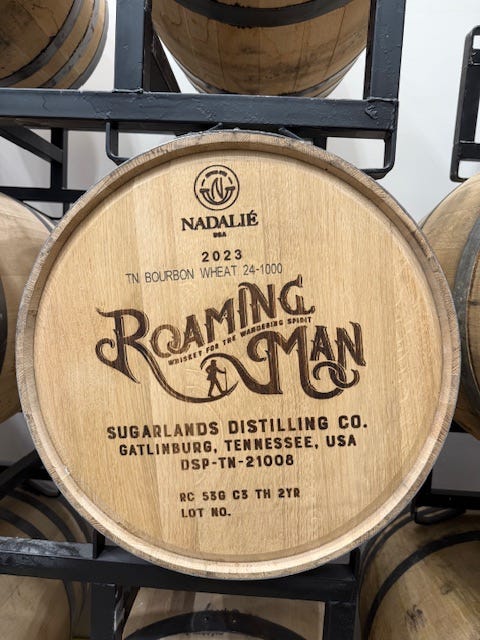
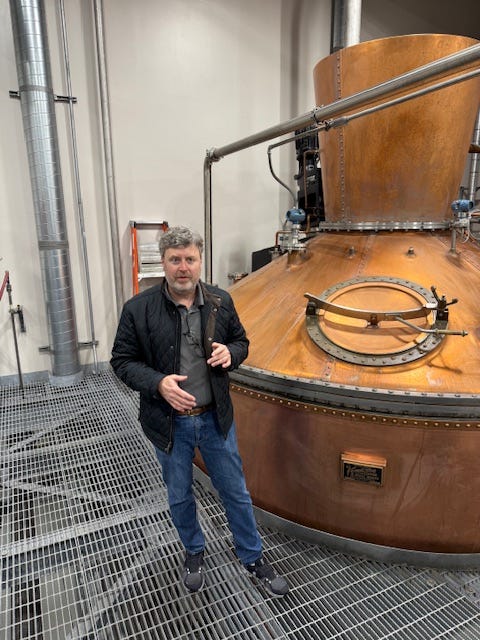
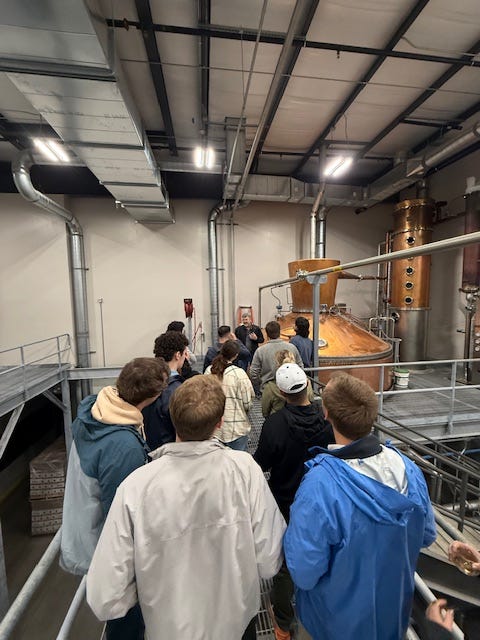
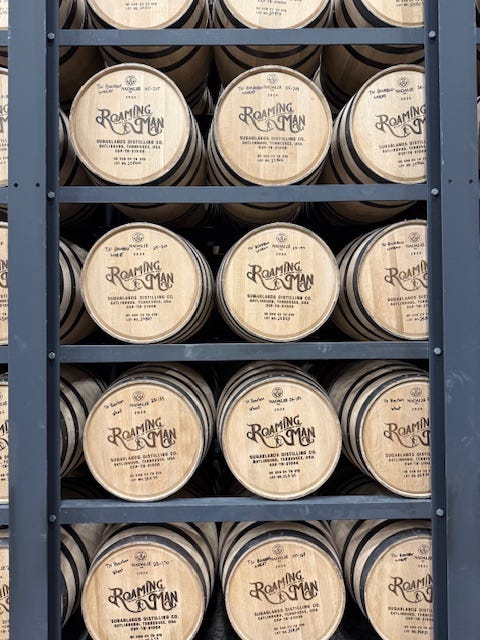
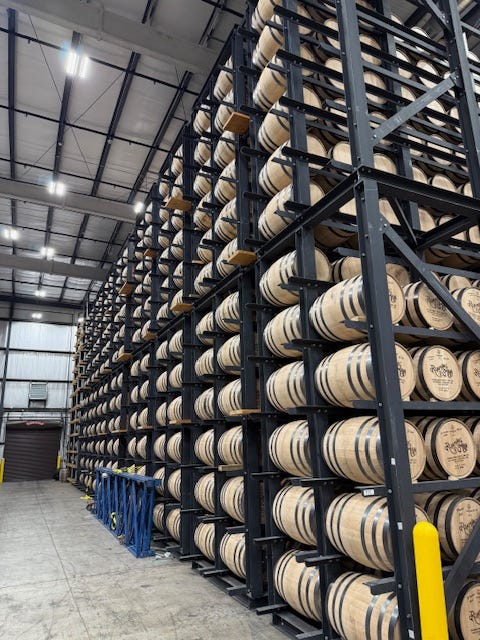
Years ago I worked for the Texas Alcoholic Beverage Commission as an enforcement attorney. Booze + strippers = the funniest cases I've ever worked on.
Good share! As a bourbon lover I will seek a taste of the Rye you speak of and raise a glass to your well rounded life.